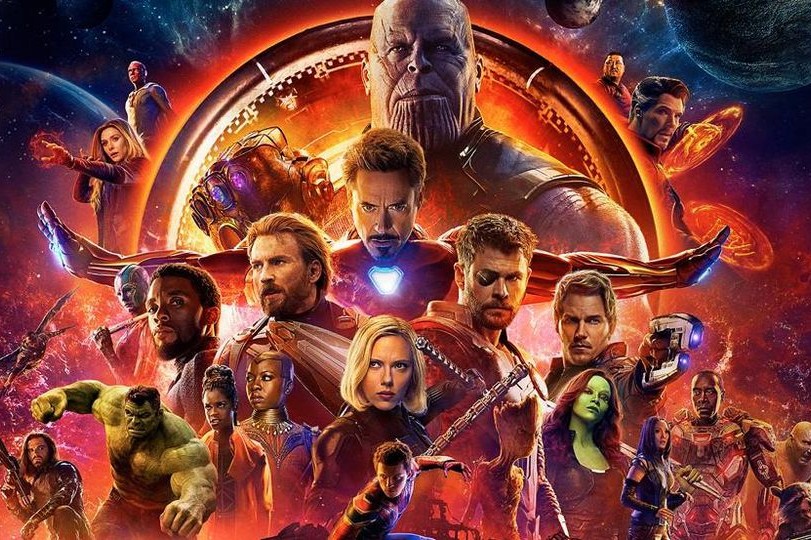In a move that could significantly reshape the future of the Marvel Cinematic Universe (MCU), rumours abound that Disney, the parent company of Marvel Studios, is axing plans for sequels to three of its franchises. The decision, reportedly driven by a desire to trim costs and refocus efforts on proven successes following recent box office disappointments, marks a significant shift in strategy for the entertainment giant.
Speculation surrounding the fate of the sequels to Eternals, Ant-Man, and Captain Marvel has been rife, with sources suggesting that these highly anticipated projects have been shelved indefinitely as part of Disney’s belt-tightening measures. While initial reports hinted at the possibility of continuations for these franchises, recent developments appear to indicate otherwise.
Marvel Studios, renowned for its secrecy and tight-lipped approach to upcoming projects, has neither confirmed nor denied the rumours swirling around the purported cancellations. However, industry insiders point to statements made by Walt Disney Company CEO Bob Iger, who recently hinted at a shift towards prioritising established franchises over riskier ventures.
The decision purportedly stems from concerns raised by Disney executives regarding the financial viability of certain Marvel properties, particularly in the wake of lacklustre performances at the box office. Notable among these underperforming films is “The Marvels,” which failed to live up to expectations, falling short of both critical acclaim and commercial success. With a production budget eclipsing £200 million and lacklustre returns, it appears that Disney is keen to avoid repeating past missteps.
Similarly, the lukewarm reception to “Ant-Man 3” has cast doubt on the future of the franchise, with lacklustre box office figures suggesting waning audience interest. Despite initial optimism surrounding the film’s release, its failure to resonate with viewers has prompted speculation that plans for further instalments may be put on hold indefinitely.
“Eternals,” hailed as a potential game-changer for the MCU, also failed to deliver on its promise, despite boasting an ensemble cast of A-list talent. Despite high expectations, the film was met with mixed reviews and controversies, including censorship in certain regions due to its portrayal of LGBTQ+ characters and explicit content deemed unsuitable for younger audiences.
Marvel Studios’ reluctance to greenlight sequels to these underperforming franchises appears to reflect a broader trend within the industry, with studios increasingly favouring established properties with a proven track record of success. While the decision may disappoint fans eagerly awaiting further developments in these storylines, it underscores the realities of the commercial pressures facing modern filmmaking.
As the dust settles on these rumours, the future of the MCU hangs in the balance, with Disney’s cost-cutting measures set to shape the direction of one of the most lucrative franchises in cinematic history. Whether this shift towards risk aversion will ultimately pay dividends remains to be seen, but one thing is clear: the landscape of superhero cinema is evolving, and Marvel Studios finds itself at a crossroads as it navigates the challenges ahead.


